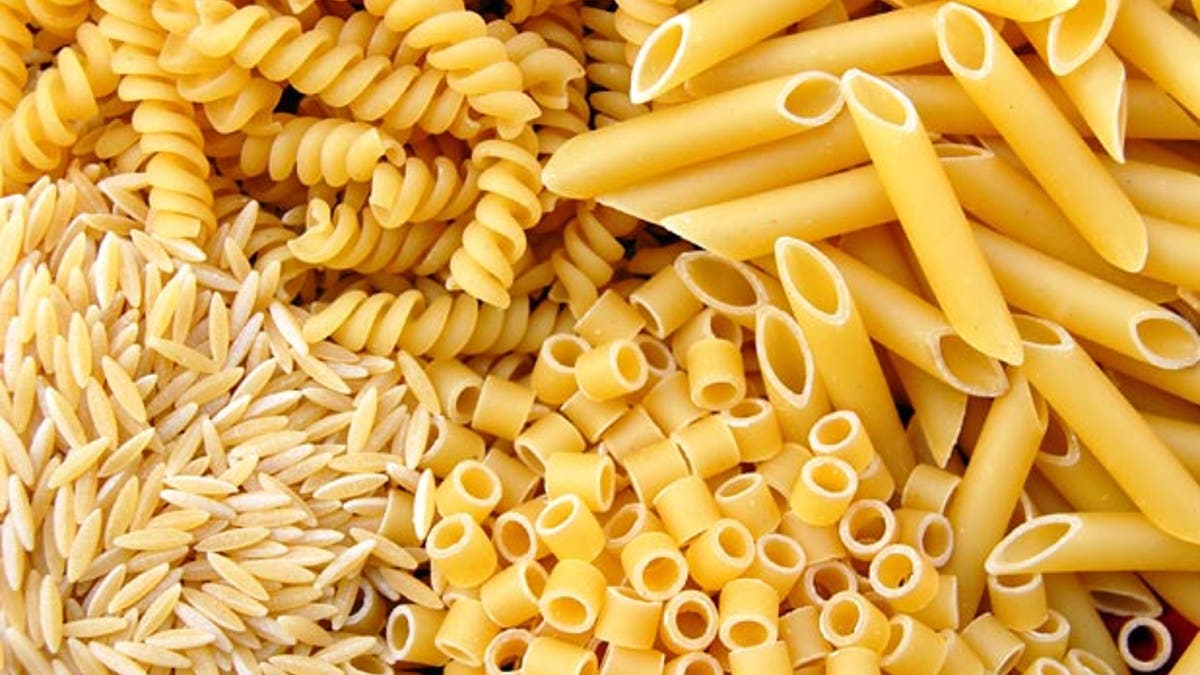
You and your bank account already know that organic food is crazy expensive—about 47 percent more expensive than conventional food, according to a recent Consumer Reports investigation.
But here's something you probably don't know: That 47 percent average price increase is only an average—and the actual range is insanely wide. In some cases, Consumer Reports found, organic food can cost 300 percent more than conventional. And in other cases, organic food can cost the same as conventional, or even less. Yup, you read that right: organic food for less than non-organic.
We were skeptical, too, so we shopped around our local grocery stores to scan and compare prices. What we learned: By making few simple swaps, choosing organic food really can cost you less.* Don't believe it? Check out these seven examples:
*Prices will vary by location and season. These prices reflect Consumer Reports data, USDA food price data (when available), and what we saw during shopping trips to grocery stores in New York City.
1. Nut Butter
Almond butter is all the rage these days, but if you're willing to switch to good old PB, there are savings in store. We found jars of organic peanut butter for around $6.50—while conventional almond butter typically climbs over $10 per jar. (At one grocery store, it was $12!)
MORE: 9 Ridiculously Cheap Organic Dinners
2. Yogurt
We love us some Greek yogurt, but the stuff has one major downside: It takes way more water and way more milk to make Greek than to make regular yogurt. Those extra production costs are probably why you can get a 32-oz tub of organic regular yogurt for just $5, while the same size tub of non-organic Greek can run you up to $9. That's great incentive to ditch the Greek every now and again, especially if you're not relying on it as a major source of protein (regular yogurt has about half the protein).
MORE: 4 Things You Need to Know Before Buying Greek Yogurt
3. Pasta
Fresh pasta sold in the refrigerator case has a fancy, gourmet feel—but is it really worth the price hike? A 9-oz package of fresh pasta from a popular nationwide brand costs about $3. But, a few aisles over, we found a full pound of organic dried pasta for $4. Ounce for ounce, the organic turns out to be cheaper—and only requires a few more minutes of cooking time. (Try on of these healthy dried pastas.)
4. Blueberries
Though the price difference likely tips the other way during warmer months, in the off-season, organic frozen blueberries are cheaper than conventional fresh ones. The fresh ones we found were priced at 41 cents per ounce, while the frozen organic berries were just 36 cents per ounce.
5. Beans
You probably already know that dried beans are a way better value than canned—but you may not know just how good that savings can be. A can of conventional black beans, which contains about 1½ cups, costs around $1.30. A pound of organic dried black beans, which yields about 6 cups cooked, costs us $4.39. That works out to about 86 cents per cup for the canned conventional, and 73 cents per cup for the organic dried. Set aside a little cooking at home (seriously, dried beans are SO easy to prepare) and you'll save by buying organic.
MORE: The 10 Best Organic Cereals
6. Maple Syrup
All pure maple syrup is expensive, but according to Consumer Reports, organic maple syrup costs less than conventional at certain retailers. At Price Chopper, organic is 11 percent less costly, and at Whole Foods, it's 2 percent cheaper (hey, every little bit counts!). If you're an online grocery shopper, you can get organic maple syrup for 7 percent less than conventional if you buy via Peapod. (Here's how to decode maple syrup labels.)
7. Tomato Sauce
We found 26-oz jars of non-organic marinara that cost up to $10—which seems like a waste, considering you can pick up canned organic tomato sauce on the cheap. Two 14-oz cans of organic plain tomato sauce will cost around $5.60 total. Add in a little organic olive oil, garlic powder, salt, pepper, and a few pinches of dried herbs, and you've got 100 percent organic makeshift marinara for less than the conventional stuff in the glass jar. Plus, you'll sidestep the added sugars that frequently show up in premade sauces.
MORE: 25 Must-Haves for Your Clean-Eating Grocery List




















